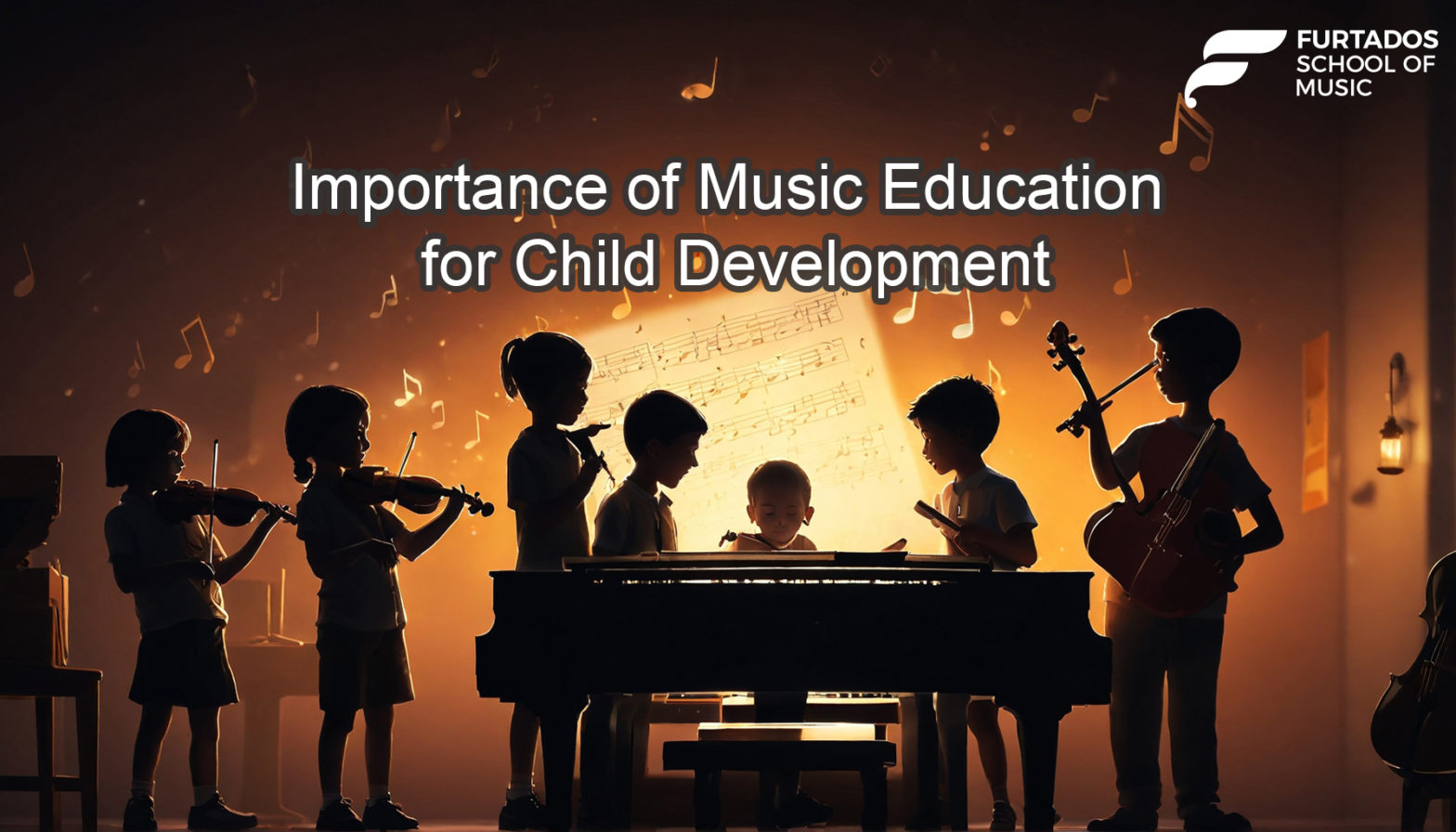Music education is much more than a creative outlet—it plays a transformative role in Child Development, fostering cognitive, emotional, and social growth. This blog explores the benefits of music education for children, highlighting its impact on academic performance, creativity, and overall well-being.
Enhancing Cognitive Development
The impact of music on early childhood development is profound, particularly in improving cognitive skills. Learning music engages the brain in ways that enhance memory, concentration, and problem-solving abilities. For instance, reading sheet music involves recognizing patterns, which strengthens mathematical and analytical skills. Studies reveal that children who participate in music education perform better in core academic subjects like math and reading.
Moreover, playing an instrument improves hand-eye coordination and fine motor skills, while the discipline of practice develops focus and attention span. This connection between music and cognitive development in children supports their academic success and overall intellectual growth.
Social Skill Development Through Music
Participating in music education programs provides children with opportunities to build essential social skills. Whether performing in a band, singing in a choir, or working with a music teacher, children learn teamwork, collaboration, and effective communication.
Ensembles, in particular, teach students to synchronize efforts, listen to others, and work toward a shared goal. These experiences foster empathy and respect, helping children thrive in group settings both now and in the future. Performing for audiences also boosts confidence and equips children with skills to express themselves clearly.
Encouraging Creativity and Emotional Expression
Music education allows children to explore their creativity and emotions in unique ways. Whether improvising on an instrument, composing a melody, or interpreting a song, children engage their imaginations while developing self-expression.
This creative process nurtures individuality and originality, fostering a sense of confidence. The ability to use music as an emotional outlet can also help children process feelings, making it an invaluable tool for emotional well-being.
Building Discipline and Patience
Mastering an instrument or vocal technique requires perseverance and dedication. Through regular practice, children learn the value of hard work and discipline, which extends beyond music to other areas of life.
The persistence developed through music education translates into better study habits, time management, and a strong work ethic—skills that prepare children for future challenges.
Fostering Emotional Well-Being
The role of music in child development extends to emotional health. Engaging in music activities can reduce stress, boost mood, and provide a sense of accomplishment. Studies show that children involved in music education report lower levels of anxiety and higher levels of happiness.
Music serves as both a calming presence and an emotional outlet, helping children develop resilience and self-awareness.
Fostering Global Perspectives Through Music Education
Music education introduces children to diverse musical styles, genres, and cultural traditions. This exposure fosters open-mindedness and empathy, encouraging children to appreciate the richness of different cultures.
Learning about their own cultural heritage through music can also strengthen a child’s sense of identity and pride, deepening their connection to their roots and community.
Enhancing Learning with Comprehensive Music Program
Schools can take music education to the next level by integrating advanced programs such as those offered by the Furtados School of Music (FSM). These internationally benchmarked courses provide comprehensive training in instruments, vocals, and music theory.
Key benefits of FSM include:
- Globally recognized certifications from Trinity College of London, which add value to children’s musical achievements.
- Instruction by India’s best educators, ensuring high-quality learning experiences.
- Tailored programs that align with global standards, preparing students for future opportunities in music and beyond.
Conclusion
Music education is a cornerstone of comprehensive child development. By enhancing cognitive skills, nurturing social and emotional growth, encouraging creativity, and fostering cultural awareness, music education equips children with tools for lifelong success.
The importance of music education goes beyond academics—it helps shape well-rounded, confident, and empathetic individuals. Integrating advanced music education programs empowers children to unlock their full potential, preparing them for a brighter future both in and out of the classroom.
